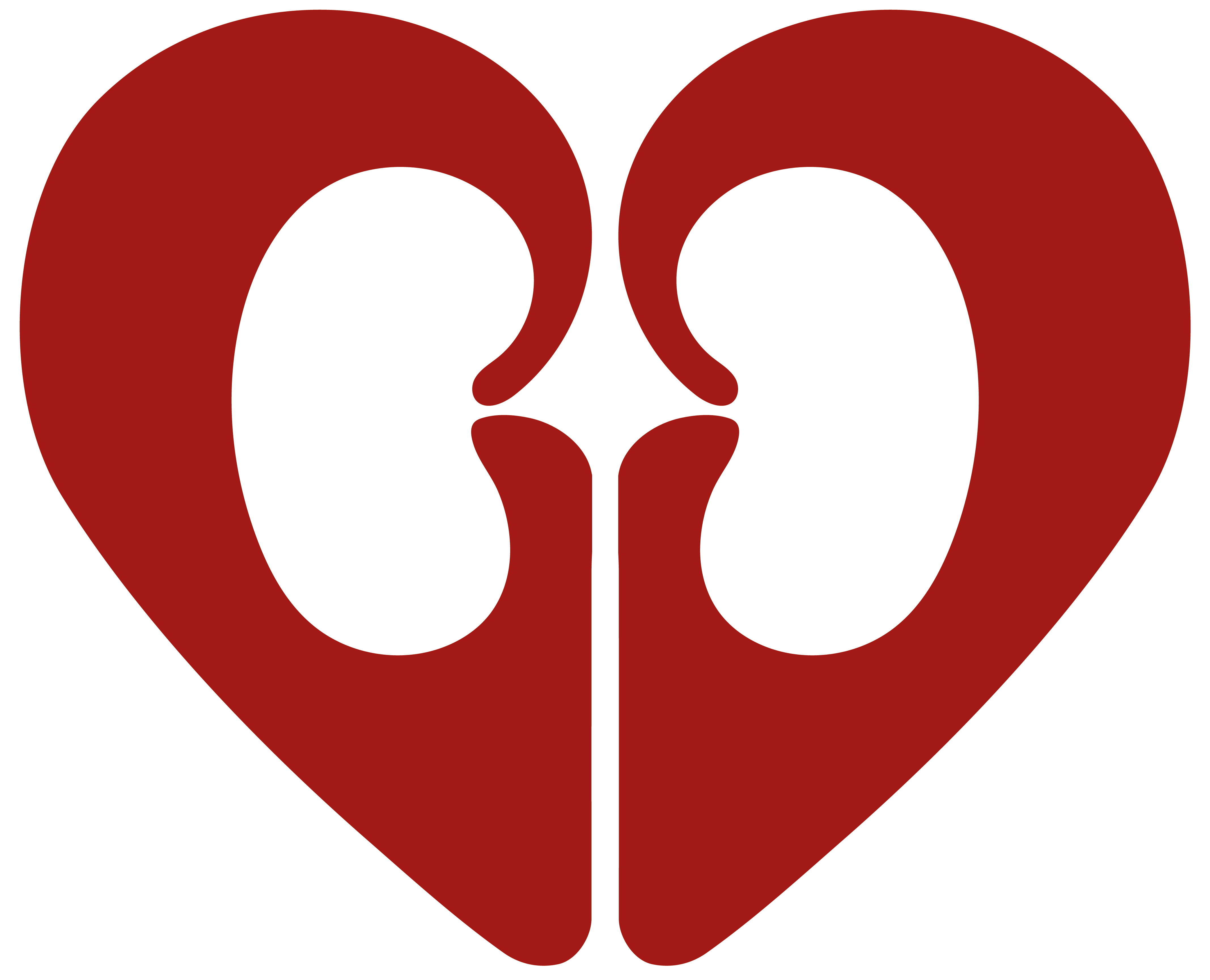Hemodialysis

What is it?
Hemodialysis is an effective treatment for end-stage renal disease (ESRD) that removes metabolic wastes and excess fluid from the body. Hemodialysis helps patients with ESRD to replace lost kidney function and manage their symptoms. Some may continue to experience adverse symptoms; these are associated with decreased quality of life. Our lab aims to understand the frequency of certain symptoms during and in between hemodialysis sessions. We hope to find ways to improve hemodialysis and limit unpleasant symptoms.
What are we studying?
One of the goals of hemodialysis is to remove extra fluid from the body. Some patients on hemodialysis might experience low blood pressure during their treatment sessions, often referred to as intradialytic hypotension (IDH). This can result in cramping, nausea, vomiting, dizziness and loss of consciousness. Members of our lab use different tools to better understand the risk of developing low blood pressure during hemodialysis sessions.
What have we accomplished?
The Mc Causland Lab has been working with patients with ESRD and requiring hemodialysis for 10 years. This work has allowed us to better predict, prepare and treat patients who will suffer from IDH and dialysis-related symptoms. Observing and participating in patient hemodialysis sessions has allowed us to gather valuable information and publish research which will help future patients with ESRD on hemodialysis

What do we want to accomplish?
The Mc Causland Lab aims to improve comfort and safety for ESRD patients on hemodialysis. Our work has taken steps in the direction to improve the experience and safety of all patients. We hope to further those steps with the help of our incredible team and amazing patient participants helping future patients going through similar experiences.
Chronic Kidney Disease
What is Chronic Kidney Disease?
Chronic kidney disease (CKD) occurs when your kidneys are damaged and can’t filter blood the way they normally do. The function of your kidney is to filter waste and excess fluids from your blood. When your kidneys start to fail, dangerous levels of waste and fluids that should have been filtered remain in the body, causing dangerous/uncomfortable symptoms. There are many causes for CKD, the most frequent of which are diabetes and high blood pressure. The progression of CKD must be stopped in order to avoid reaching end stage renal disease and the need for renal replacement therapies like hemodialysis.

